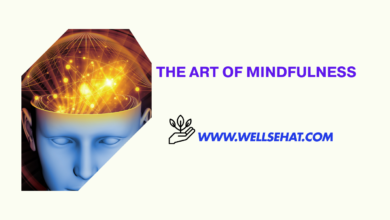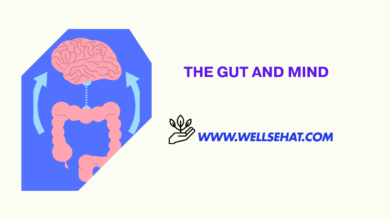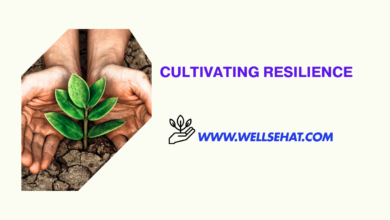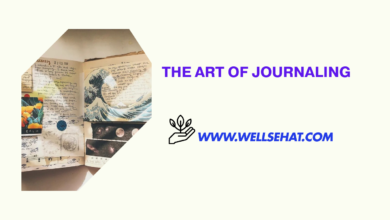The Power of Connection Building Healthy Relationships for Better Mental Health
Indeed as social beings, social relations or interactions are an important aspect of our lives and wellbeing. A healthy relationship is one that allows for nurturing, encouragement, and acceptance – which are all fundamental components in our lives. So the question arises, how does one sustain these connections in substance and quality?
Realizing the Significance of the Connection
Scientists have suggested that social integration Issue is associated with a decrease in anxiety and depression, a better immune system, and even longevity. People not only give us the light during the darkest of moments but also come to rejoice with us in the best of moments and allow for learning experiences.
Nurturing Your Relationships
Here are some strategies to help you foster and maintain healthy connections:
Communicate Openly: Speaking the main truth is the main key to every relationship no matter how close two people can be. Be free with your emotions and discuss them with others the same way. This can also help you learn much more about one another.
Prioritize Quality Time: One of the biggest tendencies in the modern world is that relationships suffer significantly. Undoubtedly, one should dedicate time to the moments they spend with loved ones. It could be as simple as a dinner date that’s on a weekly basis or just coffee, but these instances do count.
Practice Active Listening: Respond to others with an interest in what they are concerned about. Set aside everything not pertinent to the current talk in the conversation. Not only does it deepen the connection you have with your partner or friend, but also makes other people feel appreciated.
Be Supportive: Express support and help to friends and relatives. It makes you feel there are people there who will stick for you during the darkest moments of your life and makes you feel that you are not alone.
Seek New Connections: People shouldn’t be afraid of getting in touch with more people. Get out there and engage yourselves with other people, their companies, and organizations, participate in social functions, or pick up a new interesting pastime. Making new friends is good and networks are expanded.
The Role of Vulnerability
Most people know that in order to build good relationships, they have to be strong but they do not know that they have to be weak at the same time. Although it is terrifying to be honest with your feelings and emotions with the person you care for, such a relationship is more intimate. People should be willing to admit their weaknesses and accept them as part of their expressive assets.
Read More… The Importance of Setting Boundaries Protecting Your Mental Health
Caring for Mental Health in Partnerships
There is also the question of knowing when a relationship may be negative for your mental health. Cohesive relationships should help boost and encourage rather than extinguish all the energy you have. If you are in a toxic environment it may be time to speak out for a boundary or even reconsider the relationship.
Conclusion: Getting in touch for Improved Mental Health
Creating and sustaining a healthy relationship is very essential for the overall well-being of the individual. Making open communication as well as, quality time and/or support is the key to making meaningful connections that would enrich your life. Of course, quantity does not always matter, but quality is what our students need most of all.
Careful management of relationships is important especially to our psychological well being and health. Family and friends and other members in the larger society offer support, feeling of belonging and help indiomid people to cope with difficult situations. From the aspects of communication, experiencing, participating and exchanging ideas and listening reinforces the caliber or emotional quotient in our togetherness. People invest in relationships that improve them and by so doing they foster a chain of love that reduces instances of loneliness and anxiety.




